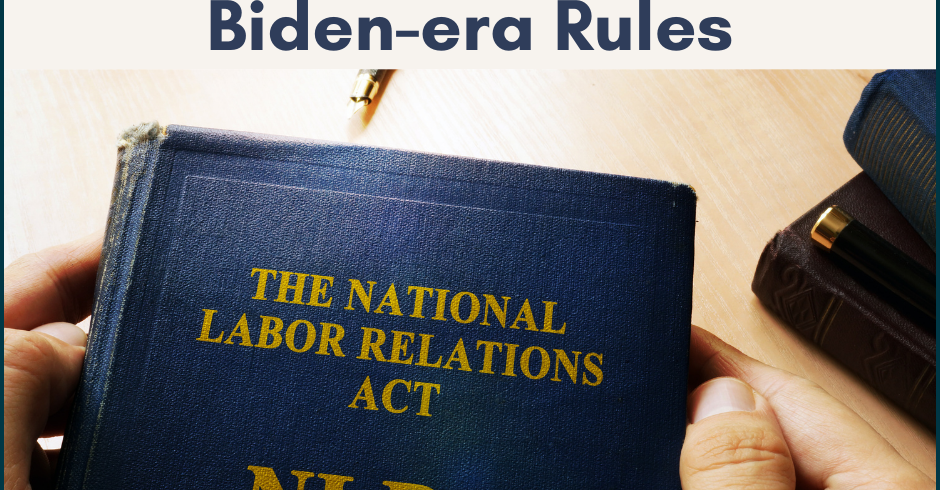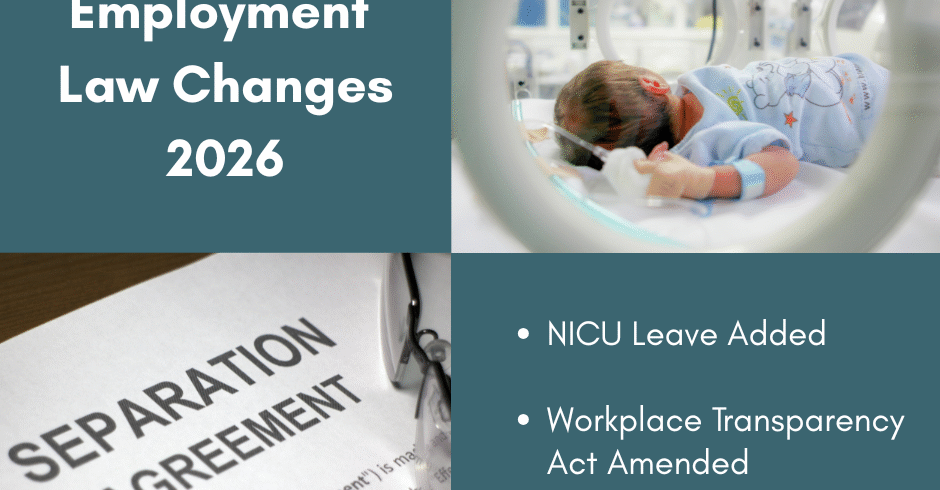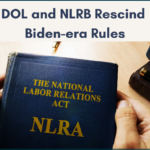On November 25, 2020, Abercrombie & Fitch received the crushing news that the Indiana Court of Appeals was not buying their argument that “the current uncertainty regarding the impact of COVID-19” entitled them to unilaterally void a lease arrangement with Simon Properties under which the parties had operated for over two months. The Indiana Court of Appeals held that the case must proceed to trial to determine whether a valid lease existed between the parties but, in the meantime, Abercrombie & Fitch was prohibited from permanently closing its stores in Simon malls.
In February, 2019, Abercrombie representatives and in-house counsel began negotiating terms of fifty-four lease agreements with Simon representatives and its attorneys. After months of exchanging drafts, Abercrombie reps sent an email to Simon counsel stating that “…we can agree to the [attached] package terms that is understood by both parties to be the final position.” Subsequent emails were sent fine-tuning different points but both parties began conducting business in accordance with the new lease terms. The old lease was to expire on January 31, 2020, but Abercrombie continued to occupy all the stores.
Beginning in February, 2020, Abercrombie paid and Simon accepted $450,000 less in rent as stipulated in the new lease agreement. A second payment of the reduced rent was paid by March 20, 2020. On March 13, 2020, Abercrombie sent Simon executed lease amendments with original signatures for the majority of the stores which had been the subject of the original negotiations. Three days later, however, Abercrombie notified Simon that, because of the pandemic, it had decided to close all stores effective March 16, 2020, and that the lease “shall be of no further force and effect.” On March 18, 2020, Simon temporarily closed its malls across the country because of the pandemic.
Recognizing the disastrous impact such tenant store closures could have on its malls, Simon filed a complaint against Abercrombie on April 7, 2020, asking the trial court to find that the lease agreement was valid and enforceable. Simon later requested the court to issue an injunction to prohibit Abercrombie from closing its stores while the litigation was pending. The trial court granted the request for an injunction and the Indiana Court of Appeals affirmed.
Abercrombie argued that the injunction was improper in light of the government’s closure orders. The Court of Appeals found that the injunction did not order Abercrombie to open its stores in defiance of government orders but from permanently closing its stores and abandoning those locations while litigation was ongoing. Abercrombie then argued that the injunction was improper because the lease had not been executed in final form by all parties. But the Court of Appeals held that, despite the lack of signatures, Simon had presented sufficient evidence that both parties had conducted business in accordance with the new lease terms for two months.
Lastly, Abercrombie argued that injunctions are extraordinary remedies and that Simon did not show it would suffer significant injury without the injunction. Again not persuaded by Abercrombie’s argument, the Court of Appeals found the testimony from Simon’s expert citing stress on Simon’s ability to attract and retain other tenants if Abercrombie were to suddenly close its stores in Simon malls sufficient to support injunctive relief.
Time will tell whether the court ultimately agrees with Abercrombie’s arguments about the validity of the lease agreement. However, by requiring the leasing arrangement to be maintained while litigation progresses, the trial court and Court of Appeals seem to be protecting Simon from a potentially pyrrhic victory, winning the battle but losing the war.
For more information about this or any related issues, please contact Indiana and Illinois real estate and business law attorney Kent A. “KAB” Brasseale II at (812)423-3183 or kbrasseale@kddk.com; or contact any member of the KDDK Real Estate and Business Law Practice Teams.
About the Author

With a degree in Chemical Engineering and more than 20 years’ experience practicing law, KAB Brasseale, is equipped with the skills and knowledge to efficiently and effectively represent clients in environmental, mineral, intellectual property, construction, business and real estate matters. KAB takes the time to understand his clients’ needs and objectives. KAB’s experience, combined with his active service in civic and professional organizations and as a real estate licensing instructor, have yielded the skills to achieve efficient “win-win” results.
(Robert P. Lamey, an associate with KDDK, contributed to this article.)






